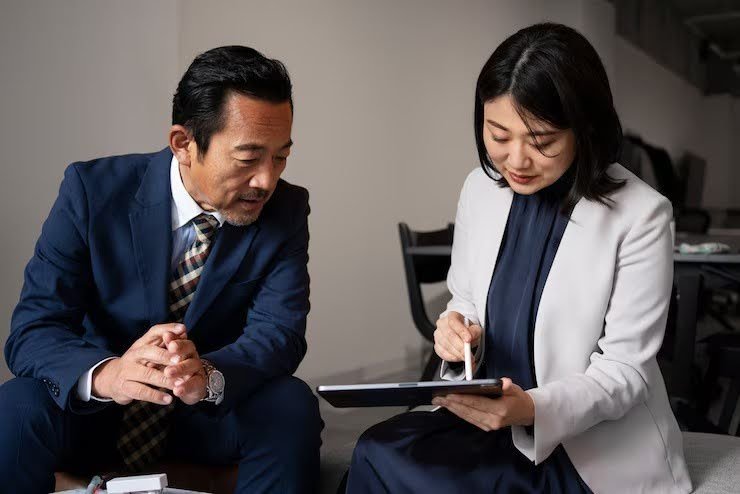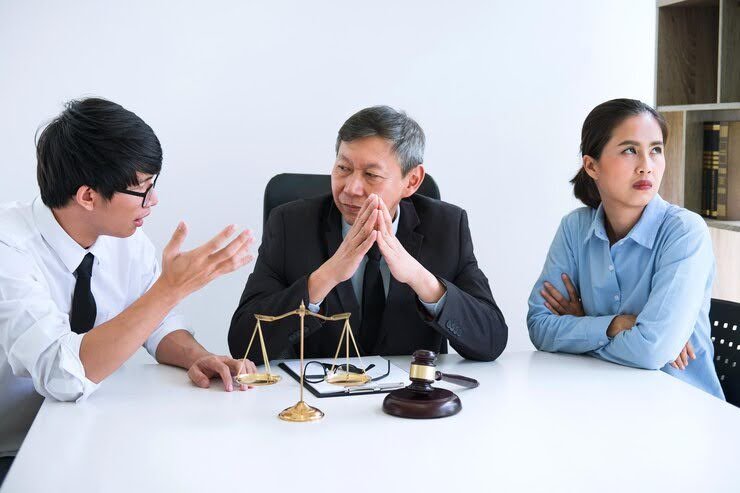
Setting up a Lasting Power of Attorney (LPA) gives someone you trust the legal right to make decisions for you if you lose mental capacity. But life changes, and so do relationships. Whether it’s due to a Divorce, falling out, or a simple change of heart, there may come a time when you no longer want that person to hold that kind of power over your affairs. That’s where the revocation of a lasting power of attorney comes in.
Here in Singapore, there are proper channels to follow if you decide to cancel an existing LPA. It’s not just a matter of tearing up a form, it’s a legal process with specific rules that ensure both your protection and your rights are respected.
Let’s explore what revoking an LPA looks like, when you can do it, and how it works under Singapore law.
1. Complete The Required Form
The first step is to fill in the official Revocation of LPA form, which is available on the Office of the Public Guardian (OPG) website. This form lets the authorities know that you’re choosing to cancel your previously registered LPA.
Make sure all the details, especially your personal particulars and those of your donee, are filled in accurately. Any mistakes can delay the process, so double-check everything before submission.
2. Notify The Donee
After filling in the form, it’s your responsibility to inform the donee (the person you previously appointed) that their powers under the LPA have been revoked. This notification must be done in writing, an email, letter, or a signed note will suffice.
It’s not just about being courteous. Legally, the donee must be aware that they no longer have the right to act on your behalf. This helps prevent any misuse of authority, especially in situations involving finances or medical decisions.
3. Submit Supporting Documents

Along with the revocation form, you’ll need to prepare and submit some supporting documents to the OPG. These usually include:
- A copy of your NRIC (front and back)
- The original or a copy of the registered LPA (if available)
- A written notice of revocation for the donee
- A medical certificate only if there are concerns about your mental capacity (for example, if someone challenges your ability to make this decision)
If everything’s in order, the OPG will proceed with your application. If not, they may get in touch for further clarification or documents.
4. Wait For Confirmation
After you’ve submitted everything, you’ll need to give the OPG some time to process the revocation. Once it’s officially confirmed, they will send you a written letter acknowledging that the LPA has been revoked.
This letter is your assurance that the revocation has been registered and that your donee no longer holds any legal authority. You may want to keep this letter somewhere safe and share a copy with family or future decision-makers, especially if you’re planning to set up a new LPA.
Reasons Why People Revoke Their LPA

There are many personal and practical reasons why someone might choose to go through with the revocation of a lasting power of attorney.
Here are some common reasons people decide to revoke theirs:
1. Divorce Or Separation
If your donee is your spouse or partner and you’ve gone through a Divorce or separation, it’s natural to reconsider whether they should still have authority over your affairs. Even if the split was amicable, having them retain such legal powers may not feel right anymore.
2. Loss Of Trust Or Communication
Trust is at the core of any LPA. If you’ve lost touch with your donee or the relationship has deteriorated, it may be safer to remove them from the role. The last thing anyone wants is a person they no longer trust making serious decisions about their money, property, or personal care.
3. Death Or Inability Of The Donee
If your appointed donee has passed away or is no longer able to act due to their own health or personal issues, the LPA will need to be revoked unless there’s a replacement donee in place. Without a functioning donee, the LPA becomes ineffective.
4. Someone Else Is A Better Fit Now
At the time of setting up the LPA, your chosen donee may have made perfect sense. But over time, another person, maybe a grown child, trusted relative, or professional advisor, may now be better placed to act in your best interest.
5. Change In Personal Circumstances
Perhaps your health, financial situation, or family structure has changed. These shifts can influence who you want (or need) to be in charge of key decisions if you’re no longer able to make them yourself.
Conclusion About Revocation Of A Lasting Power Of Attorney
The revocation of a lasting power of attorney may feel like a serious step, but it’s your right to do so if you feel that your needs or relationships have changed. Having the right support makes the process much more manageable.
At Tembusu Law, our team includes some of the best criminal lawyers and family lawyers in Singapore, and we’re here to guide you through every legal detail, with clarity and confidence.
If you’re considering revoking an LPA, contact us at Tembusu Law today. We’re here to help you protect what matters most.
Frequently Asked Questions About Revocation Of A Lasting Power Of Attorney
Do I Need A Lawyer To Revoke My LPA?
While it’s not legally required, consulting a lawyer ensures that the revocation is done properly and prevents any future disputes.
Is The Donee Notified When I Revoke The LPA?
Yes. The donee must be informed in writing so they are aware they no longer have legal authority to act for you.
What If I Lose Mental Capacity Before Revoking My LPA?
In that case, only the Court can intervene to revoke the LPA, usually if there’s evidence of abuse or misconduct by the donee.
Can I Create A New LPA After Revoking One?
Absolutely. Once the previous LPA is revoked, you’re free to create and register a new one with the Office of the Public Guardian.
What Documents Are Needed To Revoke An LPA?
You’ll need your NRIC, a completed revocation form, and possibly a medical certificate confirming your mental capacity.